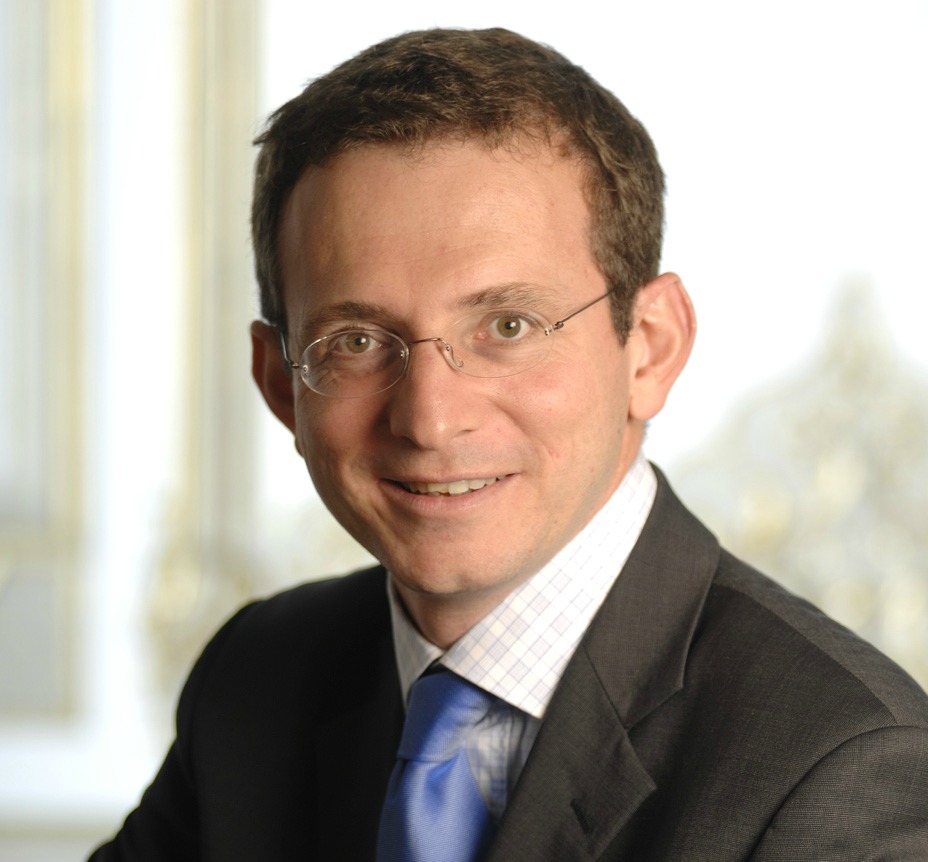Fresh volatility on bond and equity markets and- toa lesser extent- in currency trading is not all that surprising. Market volatility had been abnormally low for months as investors piled into the same strategies dictated by the ECB’s massive quantitative easing programme. Two events disrupted the calm; higher-than-expected inflation in Europe which officially marked a sharp reduction in deflation risk (and therefore visibility on the ECB’s QE campaign) and concerns over default risk in Greece or Grexit as talks got bogged clown.
Concerning fixed income, faced with bond market volatility, investors had been reassured by the ECB’s flexibility following comments from Benoít Coeuré that the bank could take advantage of swings to accelerate bond buying. But then Mario Draghi said investors would have to get used to volatility, thereby reducing hopes the ECB would try torein in market pressure. As a result, yields on the 10-year German Bund jumped 80bp between April 20 and June 9 or enough to undermine European equity markets.
At the end of April, we moved to an underweight position on European government bonds as they had become extraordinarily expensive. But the extent of the subsequent fall has led us to turn neutral. Even after this correction, European bonds are still expensive but it seems a done dealthat the ECB will stick to its quantitative easing calendar until its official end date of September 2016. This means that with negative yields on some bond market segments, there is justification for bonds to remain expensive. And generally speaking, we believe it is still too early to position portfolios for the end of quantitative easing. Moreover, we would not be surprised to see other ECB interventions ifyields should rise further as the bank wants to keep real rates neutral to negative to shore up the recovery. Against this backdrop, it makes more sense to remain neutral.
On the equity side, if the bond market correction has in fact come to an end, equity markets should rally. In so far as credit spreads remained rather stable as yields rose, the risk of equity markets being contaminated needs to be put into perspective. Earnings expectations are trending higher in the eurozone and in Japan with fewer and fewer downward revisions in the US, UK and emerging countries. And after the weak spell at the beginning of 2015, the US economy is likely to rev up again, thereby facilitating the incipient recovery in Europe and Japan. We expect upward earnings revisions to continue and help equity markets move higher. We had underweighted UK equities ahead of the elections there but a certain degree of stability has returned and we have turned neutral on the market. The thorny issue of the referendum on whether to stay in the European Union will return to centre stage next year but it is still too earlyto position portfolios to reflect this risk. All together, these developments have led us to increase European equity ratings and equity ratings as a whole.
As well as the return of Russo-Ukrainian tensions, political risk is still acute in Greece where talks are dragging on ahead of sizeable repayments to the IMF scheduled for the end of June. We are sticking with our core scenario that a favorable solution will be found as all parties have an interest in reachingan agreement.
Column by EdRAM. Benjamin Melman is Head of Asset Allocation and Sovereign Debt in Edmond de Rothschild Asset Management (France).
The data, comments and analysis in this document reflect the opinion of Edmond de Rothschild Asset Management (France) and its affiliates with respect to the markets, their trends, regulation and tax issues, on the basis of its own expertise, economic analysis and information currently known to it. However, they shall not under any circumstances be construed as comprising any sort of undertaking or guarantee whatsoever on the part of Edmond deRothschild Asset Management (France). Any investment involves specific risks. Main investment risks: risk of capital loss, equity risk, credit risk and fixed income risk. Any investment involves specific risks. All potential investors must take prior measures and specialist advice in order to analyse the risks and establish his or her own opinion independent of Edmond de Rothschild Asset Management (France) in order to determine the relevance of such an investment to his or her own financial situation.
Special warning for Belgium: Please note that this communication is intended for institutional or professional investors only, as mentioned in the Belgian Law of July 20th, 2004 on certain forms of collective management of investment portfolios This notice is also intended only for investors who are not consumers as described in the Belgian Law of July 14th, 1991 on trade practices and information and protection of consumers.

